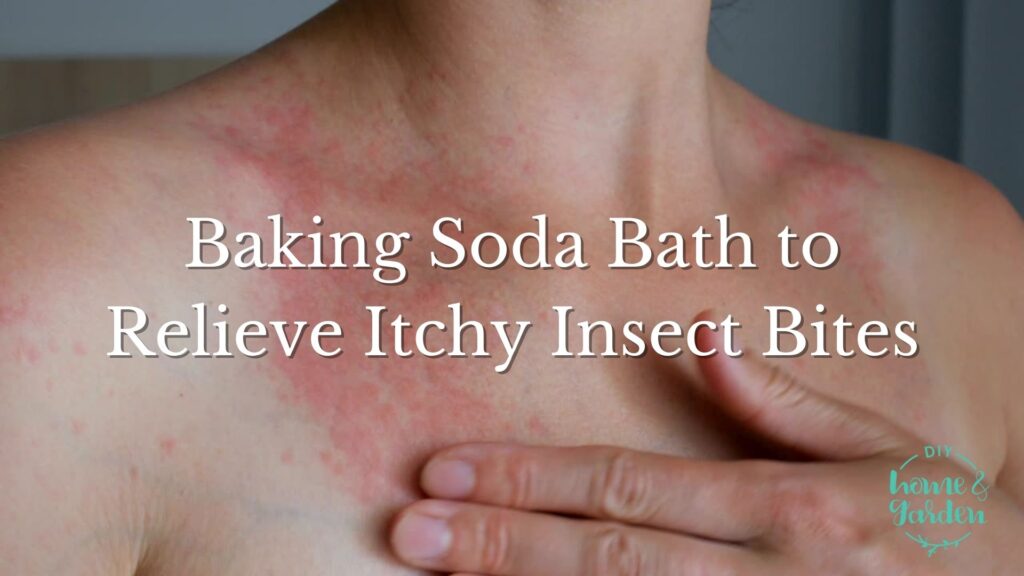Make this effective homemade cleanser for a lovely sparkle and refreshing fragrance.
In our journey to healthier living, it’s not just what we put inside our bodies that matters but also what we use around our homes. More homeowners are realizing that many conventional cleaning paste or scouring products contain harsh chemicals that may not be safe for their families or the environment. By harnessing the power of natural ingredients, we can create effective, non-toxic cleaning solutions that don’t just clean but actually enhance our living spaces. One such recipe I keep up my sleeve is this DIY non-toxic cleansing paste for your stainless steel kitchen sink.
The moment you whip up a batch of this homemade cleaner, you’ll be greeted with the uplifting and invigorating scent of lemon. The essential oil’s citrusy aroma, reminiscent of sun-ripened lemons, lends a clean, crisp scent that permeates the air, effectively masking the potent tang of vinegar. Moreover, it leaves behind a lingering, subtle fragrance to refresh your kitchen. Thus, it transforms your cleaning routine into a pleasant, aromatic experience that is as mood-boosting as it is effective at maintaining a sparkling clean kitchen sink.
Three Key Benefits of Making Homemade Cleaning Products
Before we dive into the recipe, let’s take a moment to explore the benefits of using non-toxic home cleaning solutions:
- Healthier Homes & Environment: When we choose non-toxic cleaning products, we consciously decide to limit the harmful chemicals we expose to our family, including our pets. Conventional cleaners often contain an array of synthetic chemicals that can release volatile organic compounds (VOCs) into your home’s air, contributing to indoor air pollution. Using natural ingredients for cleaning helps to maintain healthier indoor air quality. Beyond our homes, these non-toxic products are also safer for the environment. Synthetic chemicals can take a long time to break down and may persist in our waterways and soil, causing harm to wildlife and ecosystems. In contrast, natural cleaning ingredients break down more fully and rapidly, causing less environmental impact.
- Cost-effective: You might be surprised to discover that many ingredients needed to create effective, non-toxic cleaners are staples in your pantry or kitchen cabinets. Items such as vinegar, baking soda, and lemon are affordable and versatile in their cleaning capabilities. By making your own cleaning solutions, you can cut costs significantly compared to buying multiple specialty cleaning products. It’s a budget-friendly, practical way to maintain a clean, green household.
- Allergen Reduction: Synthetic fragrances common in conventional cleaning products can trigger allergies and exacerbate asthma symptoms. They are also known to cause headaches in sensitive individuals. On the other hand, natural products are free from these chemical irritants. By using these for your cleaning needs, you’re ensuring cleaner surfaces and air in your home. When essential oils are used as fragrances, they can even provide therapeutic benefits. For instance, lavender can promote relaxation, while lemon and peppermint can enhance alertness and mental clarity.
By choosing to use non-toxic home cleaning solutions, we are actively promoting the health and well-being of our family, making economical choices, and reducing waste. It’s a win-win situation for your health and your wallet.
Ingredients in the Non-Toxic Cleaning Paste (You probably have all of this on hand!)
Now, let’s discuss some of the key ingredients in our homemade stainless steel sink cleaner.
- Baking Soda: A natural abrasive, baking soda is excellent for scrubbing tough stains and grime. It also reacts with vinegar to create a potent fizzing action that can dislodge stuck-on food particles.
- White Vinegar: Vinegar is a mild acid that can break down grease, deodorize, and leave your sink shining. It’s also great for removing hard water stains.
- Liquid Castile Soap: This plant-based soap is gentle yet effective at breaking down grime.
- Lemon Essential Oil: Besides leaving a fresh, clean scent, the lemon essential oil has antimicrobial properties and can help in lifting stubborn stains.
DIY Non-Toxic Stainless Steel Sink Cleaning Paste
I prefer to make this on demand.
While it’s not harmful to store this mixture, it will not maintain the same level of effectiveness as a fresh batch. Therefore, making just as much as you need at one time is generally best. If you need to store it, remember that the mixture will thicken. Before using it again, you might need to add a few drops of water or vinegar to get it back to the right consistency. The bright, citrusy scent of the lemon essential oil can also fade over time. For those reasons, I mix it up and make my cleaning paste fresh every time.
Ingredients:
- 1/2 cup Baking Soda
- 1/4 cup White Vinegar
- 2 teaspoons Liquid Castile Soap
- 5 drops of Lemon Essential Oil
Instructions:
- In a bowl, combine the baking soda and liquid Castile soap.
- Gradually add in the vinegar. The mixture will fizz, which is the reaction you want. Keep stirring until you have a paste-like consistency.
- Stir in the lemon essential oil.
- Apply a small amount of the paste to a cloth or sponge and use it to scrub your sink. Always scrub in the direction of the stainless steel grain for best results.
- Rinse the mixture thoroughly and dry your sink with a soft towel to avoid water spots.
Remember, when using this or any DIY cleaning paste for the first time, always do a spot test in an inconspicuous area first to ensure it won’t damage or discolor the surface.
The Takeaway: This DIY Cleaning Paste Will Make Stainless Steel Sparkle and Shine, Without Toxins
You’re moving towards a healthier, safer, and more sustainable home by creating your own non-toxic stainless steel sink cleaner. You’ll also be left with a kitchen sink that sparkles and shines like new! Love this idea? Please join follow for more ideas–and be sure to connect our lively community on the social site MeWe.


